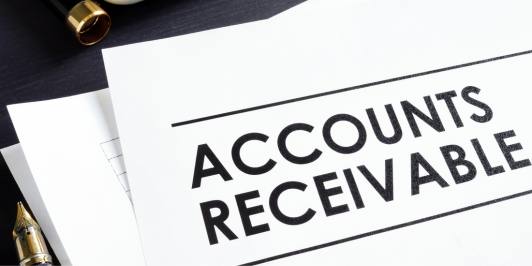For many companies, accounts receivable (A/R) collections are not easy. If your company is dealing with slow-paying customers, it helps to review the basics.
Six Tried-and-True Strategies
Here are six tried-and-true strategies for increasing your chances of getting paid:
1. Request payment upfront. For new customers or those with a documented history of collection issues, consider asking for a deposit on each order. This would generally be a small but noticeable percentage of the contract or order price. You could also explore asking for a service retainer fee, similar to how law firms typically operate.
2. Charge fees. Most customers are likely familiar with late-payment fees from dealing with their credit card companies. Consider implementing fees or finance charges on past-due accounts. Place extremely delinquent accounts on credit hold or adjust their payment terms to cash on delivery.
3. Reward timely payments. An effective collection strategy isn’t only about “penalizing” slow-paying customers. It’s also about incentivizing those who pay on time or those who represent a potentially lucrative long-term relationship. Crunch the numbers to determine the feasibility of giving discounts to customers with strong payment histories or to those who have improved the timeliness of payments over a given period.
4. Communicate proactively. Set up regular e-mail reminders and place live phone calls to customers who haven’t settled their accounts. If the employees who work directly with the delinquent customers can’t resolve payment issues, elevate the matter to a manager or even to you, the business owner. If necessary, consider executing a promissory note to prevent the customer from disputing the charges in the future.
5. Get external help. If, after repeated tries, your collection efforts appear unsuccessful, it might be time to get outside help. This typically means engaging either an attorney who specializes in debt collection or a collections agency. View this as a last resort, however, because third-party fees may consume much of the collected amount and you’re unlikely to continue doing business with the customer.
6. Claim a tax break. One last important point about collections: If an outstanding debt is uncollectible, you may be able to write it off on your tax return. Be sure to document each customer’s promises to pay, details of your collection efforts, and why you believe the debt is worthless.
We’re here to answer questions about tax deductions and other collection activities. We can also help in improving your overall accounts receivable processes. Give us a call today.
